Modern and multi-sensory pedagogy
SAME proposes a method which is modern and multi-sensory with appropriate exercises, which stimulate motricity and the senses. Methods which favour the natural development of the child, such as Freinet, Steiner or Jolly Phonics, syllable and fun-based. The use of the senses and multiple sensory channels arouse creativity in a child, enhancing their capabilities and making them happy learners. Similarly, the discovery of a foreign culture can reinforce motivation and satisfy a child’s natural curiosity.
The main principles of the Method
The interdisciplinary nature through the connection between the arts (literature, musique, visual arts, drama …) and sports (yoga, gym …) represent the essence of learning. This approach enables learning while having fun, playing down the process of learning a language, making it more informal.
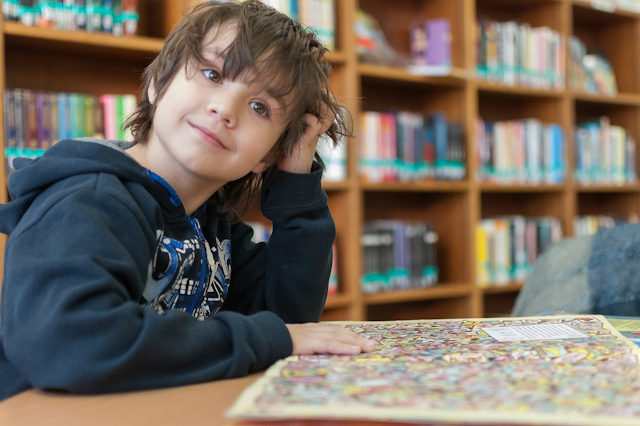
Literature
Literature remains one of the most pertinent linguistic and pedagogical tools for language learning. Children can participle in discussions around the principal themes of a story in small groups. These discussions encourage them to express their opinions about a book, for example, so developing their oral expression.
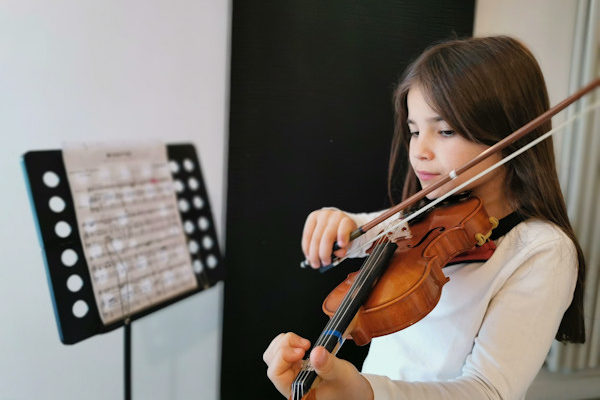
Music and song
Melody favours and facilitates memorising content. Songs encourage the participation of the majority of children even the most timid. Music, with the discovery of an instrument, songs and rhythms, is not just a fun way of motivating children. Music affords the possibility to improve children’s motor, spatial, temporal and cognitive skills.
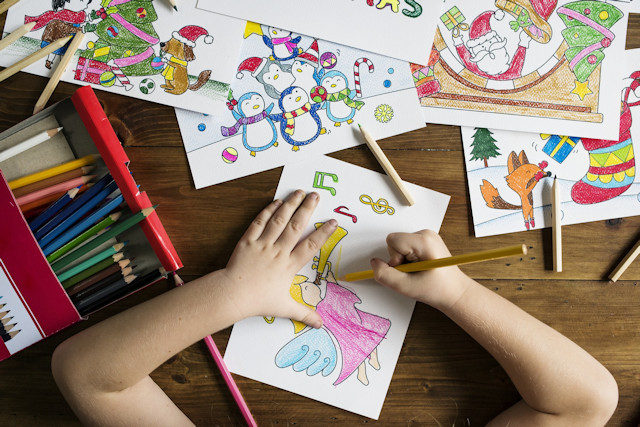
Visual arts
The visual arts enable children to associate gestures and words and so familiarise themselves with English. Not only do they have fun but at the same time work on their phonetics and comprehension.
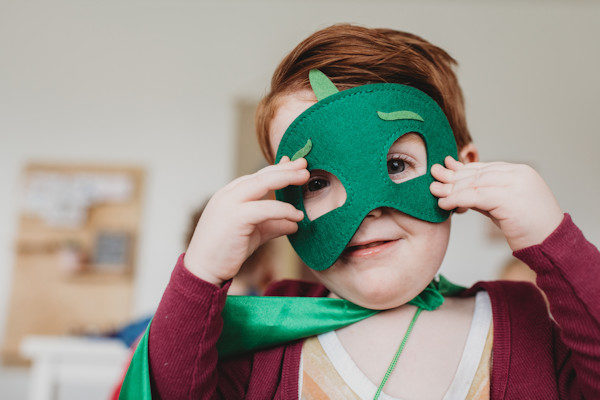
Drama
A British approach which enables a child to develop the essential aptitudes for language learning, namely listening, curiosity, paying attention, memorising and above all self-confidence.
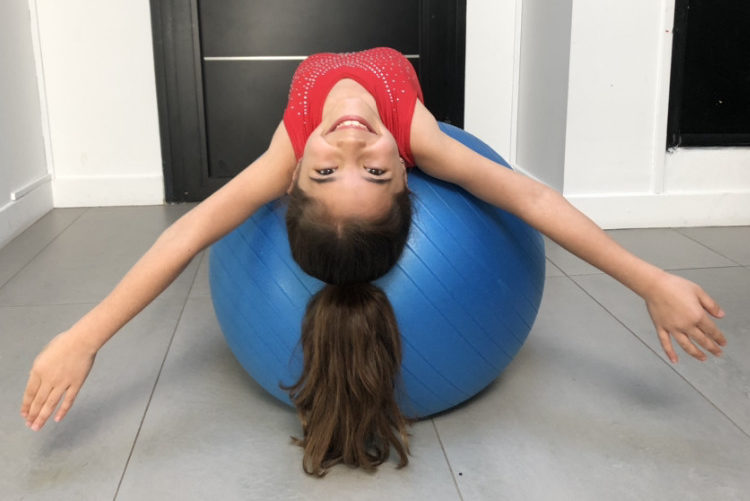
Sport
Physical activity helps children to place language in action. It favours memorising and learning, boosting a child’s capacities.
The use of games and fun activities represent an effective approach for creating a taste for and the pleasure of learning a language and calling on four fundamental skills which solicit a child’s different senses (visual, audible, tactile, taste …).
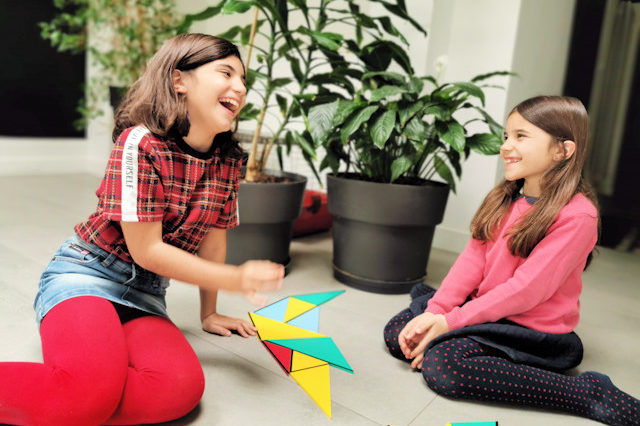
Game
The game is an important tool being at the same time a factor in motivation and in bringing joy, enabling the child to be active and actor in his/her learning. Furthermore, games are a powerful vector of communication favouring exchanges and interaction between the children themselves. The game is important for children from a very early age. Through play, a child will experiment and react with those around him/her and the environment. Games also procure pleasure and make the task of language learning less restrictive. They are a source of joy and favour the first forms of socialisation.
